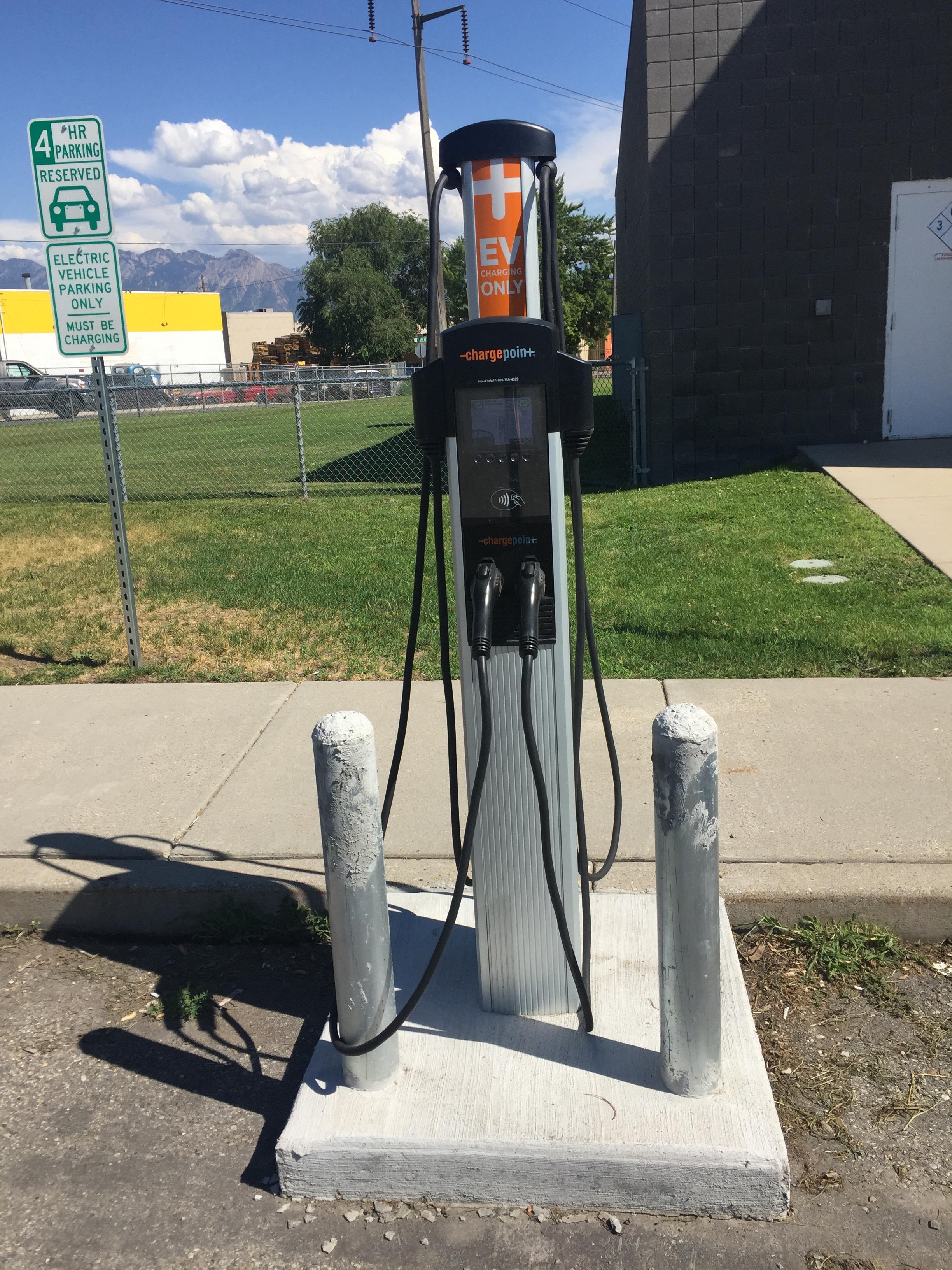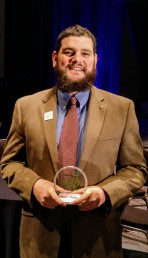Autumn is the time for yard care
. . . Fall is an important time of year for employing organic and sustainable gardening methods.

Preparing for next year– Be Pesticide Free!
The fall is a key part of the gardening cycle because it allows us to prepare our garden for the winter and sets us up for a productive spring and summer.
Most pesticides and fertilizers used today are produced with harmful chemicals that even when applied correctly can have adverse effects on the environment, pollinators, and human health.
But don’t worry– there are plenty of ways to have a healthy garden and lawn without using noxious chemicals.
Leave the Leaves
Not all leaves need to be raked up and disposed of immediately:
- Consider that your leaves are a free fertilizer and weed suppressant! This makes them perfect for organic gardening.
- Leaves also provide important winter habitat for butterflies, bees, and other beneficial bugs.
- Finally, “leaving your leaves” reduces emissions associated with polluting leaf blowers. Keeping leaves out of the landfill also prevents the generation of potent methane emissions.
So how can you use leaves?
Use whole leaves around perennials, trees and bushes, or lightly layered on lawn (they may need to be shredded first). You can also create a leaf pile that will decompose into “leaf mold“– a rich, valuable compost amendment to be used in warmer months. Or– if you’re like me– simply pile your leaves on your vegetable garden bed and turn them into the soil in the spring before planting.
And if you still have too many leaves, use your curbside compost can to dispose of them (please keep them out of the gutters and storm drains). If you have a lot of leaves, give us a shout and we’ll help you get an extra container or two.
Here are a number of helpful resources on “leaving leaves”:
Xerces Foundation National Wildlife Federation Leave Leaves Alone
Use organic amendments to improve the health of your soil
Materials like the aforementioned leaves, as well as other compost, manure, bone meal, etc. can be used to balance the pH of your soil and will release nutrients into the soil to create a vibrant ecosystem and help your garden grow. Mulches can also be great for keeping weeds down, retaining moisture, and feeding the soil. Other organic soil enhancers, like coffee grounds, tea bags, and even newspaper can be an important tool in keeping your garden thriving. Learn more about amending your soil.
Read more







 Salt Lake City Green recently launched Empower SLC, an in-house sustainability training platform available for all City employees. The twelve-month program will cover a variety of sustainability-related topics, including energy use at home, water conservation, renewable energy, and food. Empower SLC is designed to motivate behavior change at the individual level in order to reduce pollution, save resources, and enhance Salt Lake City.
Salt Lake City Green recently launched Empower SLC, an in-house sustainability training platform available for all City employees. The twelve-month program will cover a variety of sustainability-related topics, including energy use at home, water conservation, renewable energy, and food. Empower SLC is designed to motivate behavior change at the individual level in order to reduce pollution, save resources, and enhance Salt Lake City.



 The 2016 Utah Bike Summit: Shifting Into High Gear will take place April 5th at the Salt Palace in Salt Lake City. The Utah Bike Summit is the statewide bicycle conference. The summit brings together everyday riders, bicycle and trail advocates, representatives from Utah’s bicycle industry, planners, engineers, representatives from Utah’s tourism industry and health fields, and local and state government officials in order to make Utah more bicycle friendly. Regardless of your interest in bicycling (transportation, recreation, road, mountain, commuter), the Utah Bike Summit is for you and all are encouraged to attend.
The 2016 Utah Bike Summit: Shifting Into High Gear will take place April 5th at the Salt Palace in Salt Lake City. The Utah Bike Summit is the statewide bicycle conference. The summit brings together everyday riders, bicycle and trail advocates, representatives from Utah’s bicycle industry, planners, engineers, representatives from Utah’s tourism industry and health fields, and local and state government officials in order to make Utah more bicycle friendly. Regardless of your interest in bicycling (transportation, recreation, road, mountain, commuter), the Utah Bike Summit is for you and all are encouraged to attend.

